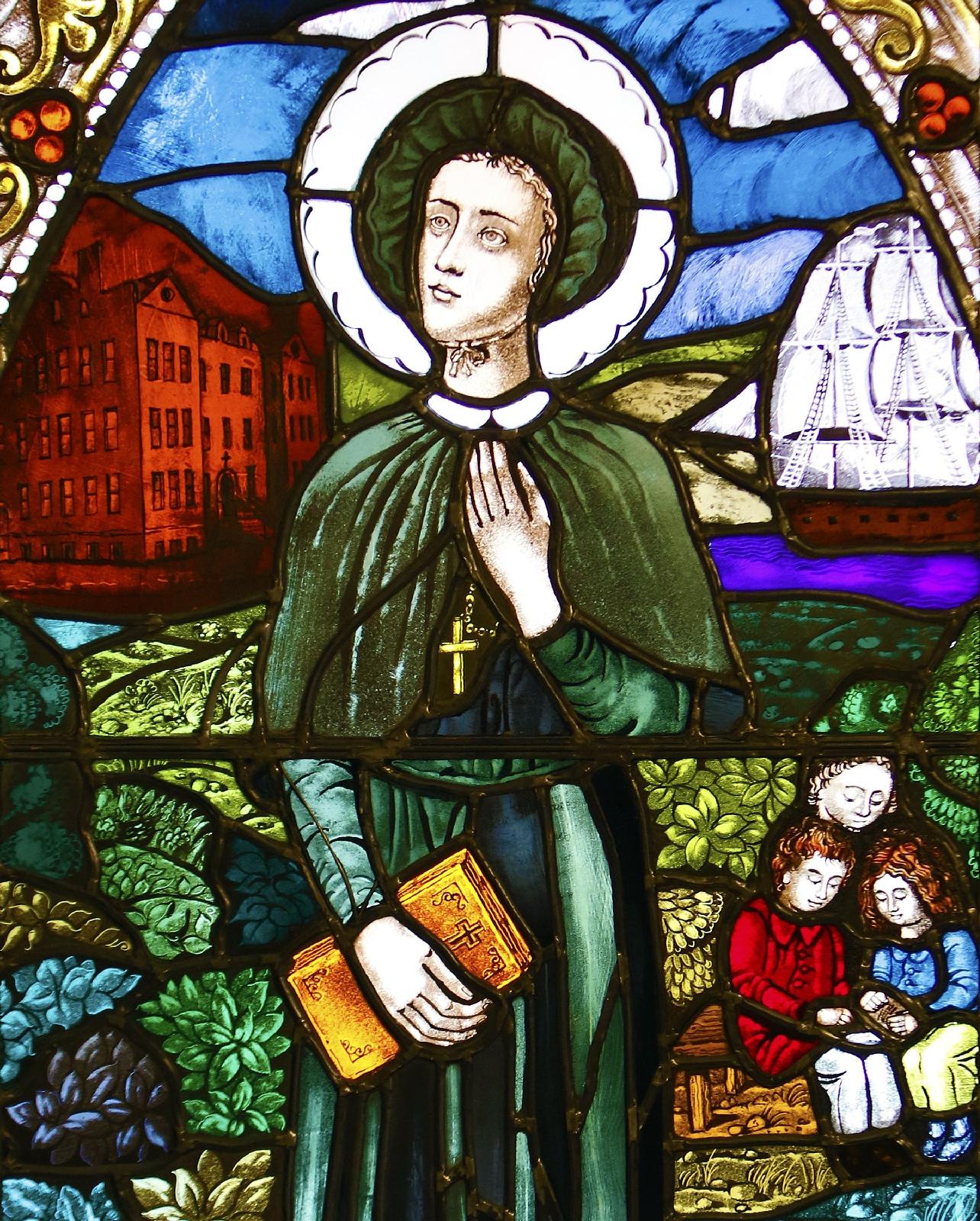6 well-known converts from Christianity’s earliest days to now
As Catholic converts around the world enter the Catholic Church during the Easter Vigil, here’s a look at well-known converts who have had a significant impact on the Catholic church.
— St. Paul
Saul was a zealous persecutor of Christians until his encounter with Christ on the road to Damascus (see Acts 9:9-19; 22:3-21; 26:4-23). From that point on, he became a fervent apostle, taking the name Paul and embarking on three great missionary journeys to spread the Good News and authoring at least 13 of the New Testament epistles. So great has Paul’s influence been on Christianity that Pope Benedict XVI declared a Year of St. Paul in 2008. That year, the pontiff said this about the apostle’s conversion: “St. Paul was not transformed by a thought but by an event, by the irresistible presence of the Risen One whom subsequently he would never be able to doubt, so powerful had been the evidence of the event, of this encounter.”
— St. Augustine of Hippo
The doctor of the church was the son of a pagan father and Christian mother, St. Monica. Augustine was drawn into the heretical Manichean sect as a young man, and it took him years to free himself of the heresy. Much to St. Monica’s relief, Augustine fell under the influence of St. Ambrose, who was the bishop of Milan. In Milan, he was baptized. Eventually, Augustine became bishop of Hippo, a city in northern Africa. Among his many writings are “Confessions” and “City of God.”
— St. John Henry Newman
A former Anglican priest who led the Oxford movement in the 1830s to draw Anglicans to their Catholic roots, Cardinal Newman became Catholic in 1845, when he was 44 years old. The cardinal founded the English community of the Oratory of St. Philip Neri. “Apologia Pro Vita Sua” and “Grammar of Assent” are among the theologian’s best-known works.
— St. Elizabeth Ann Seton
The first native-born saint of the United States, Mother Seton was a young widow with five children when she joined the Church, over the objections of her Protestant family. In 1808, she arrived in Baltimore and founded the Sisters of Charity one year later. Later, she and her community would settle in Emmitsburg, Maryland, where she founded St. Joseph’s Academy and Free School. She was canonized in 1975.
— G.K. Chesterton
Chesterton was a noted thinker and prolific author of influential works such as “The Man Who Was Thursday,” “Orthodoxy” and “The Everlasting Man,” which C.S. Lewis credited for his conversion from atheism to Christianity. A convert from Anglicanism, Chesterton wrote about his understanding of the Catholic Church and how it won him over in “The Catholic Church and Conversion.”
— Cardinal Francis Arinze
The Nigerian-born, 91-year-old prelate, who headed up the Congregation for Divine Worship and the Discipline of the Sacraments for six years until his retirement in 2008, is a convert from traditional African religion who joined the Catholic Church when he was 9. Several years later, his mother and father joined him in the faith. Pope St. John Paul II made him a cardinal in 1985.



